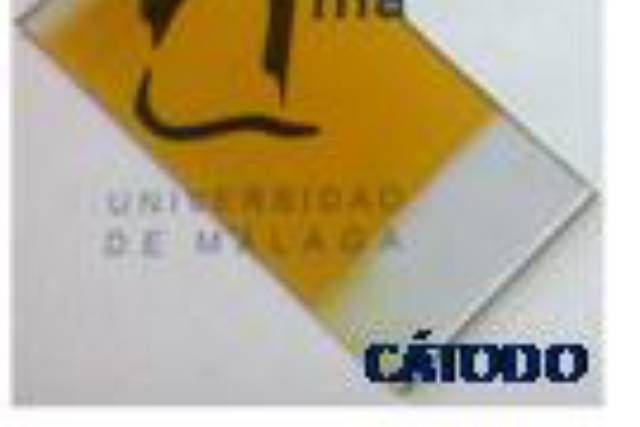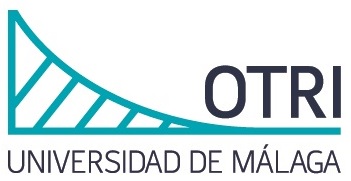TRANSPARENT LITHIUM ION SECONDARY BATTERY
Description
Lithium ion batteries are one of the most widely used secondary battery types in consumer electronics. In these, as the "memory effect" does not occur, the performance of the recharging process is facilitated, they exhibit better cyclability of the charging and discharging process, and they develop high energy values. The multi-billion dollar market for these devices has intensified research on these types of batteries aimed at improving the power-to-weight ratio, as well as their safety.
Thus, the present invention proposes a battery that can be integrated with a thin-film solar cell, whose connection would be regulated by a printed circuit and from which, in turn, connection to external lighting systems such as LED or OLED can be derived, lighting systems that alternatively, they can be integrated in the form of a thin sheet on the battery-photovoltaic cell tandem itself, and even directly on the battery.
In addition, its transparency to sunlight and visible light, and the fact that it can be manufactured directly on transparent supports (glass or polymers), allows it to be integrated into glazed surfaces of buildings, and combined with solar cells it can be used in energy saving systems. and energy sufficiency in buildings, including lighting.
Advantages
Among the advantages of this new invention, the following stand out:
• The lithium ion secondary battery has the possibility of being obtained in large surfaces.
• It can be manufactured directly on transparent supports.
• The invention, combined with solar cells, can be used as an energy saving and sufficiency system in buildings, including lighting as an external source for LED or OLED systems.
• This battery has low thermal emissivity.
• The invention may be capable of being used in other types of devices with a smaller area, such as consumer electronic devices, vehicle sunroofs.
Uses and Applications
The present technology offers a new type of lithium ion secondary battery with a thin, transparent film and solid polymeric electrolyte, which can be integrated in glass or polymers, useful for the energy sustainability of buildings or other places of implantation.
Keywords
Sectors
Areas
Patent Number
ES2352492
Applicants
UNIVERSIDAD DE MÁLAGA, UNIVERSIDAD DE CÓRDOBA
Inventors
FRANCISCO DE P. MARTIN JIMENEZ, LUIS SANCHEZ GRANADOS, ELENA NAVARRETE ASTORGA, JULIÁN MORALES PALOMINO, JOSE RAMON RAMOS BARRADO
Filing Date
22/05/2009
Protection Level: National (Spain)
Processing Status: Spanish patent








